It’s been a long time since we’ve seen a non-mobile Prince of Persia game.
As someone who enjoyed 2008’s reboot of the series, I lamented when Ubisoft shifted all its attention to – what seemed like weekly – releases of Assassin’s Creed. While not a full-fledged 3D adventure like The Sands of Time trilogy, Prince of Persia: The Lost Crown takes the sidelined series in a great new direction, heavy on influences from the Metroidvania genre. And for the most part, it’s a triumphant return to 2D action platforming, time-based powers, and Persia itself.
Much like how you don’t control Zelda in The Legend of Zelda, you control Sargon, a member of an elite warrior troop called The Immortals that protect Persia from her foes, in The Lost Crown. There’s princes kicking about still, and after a brief tutorial mission that as you defeat an invading army’s general, one of them – Prince Ghassan – gets kidnapped and whisked away to the mysterious Mount Qaf.
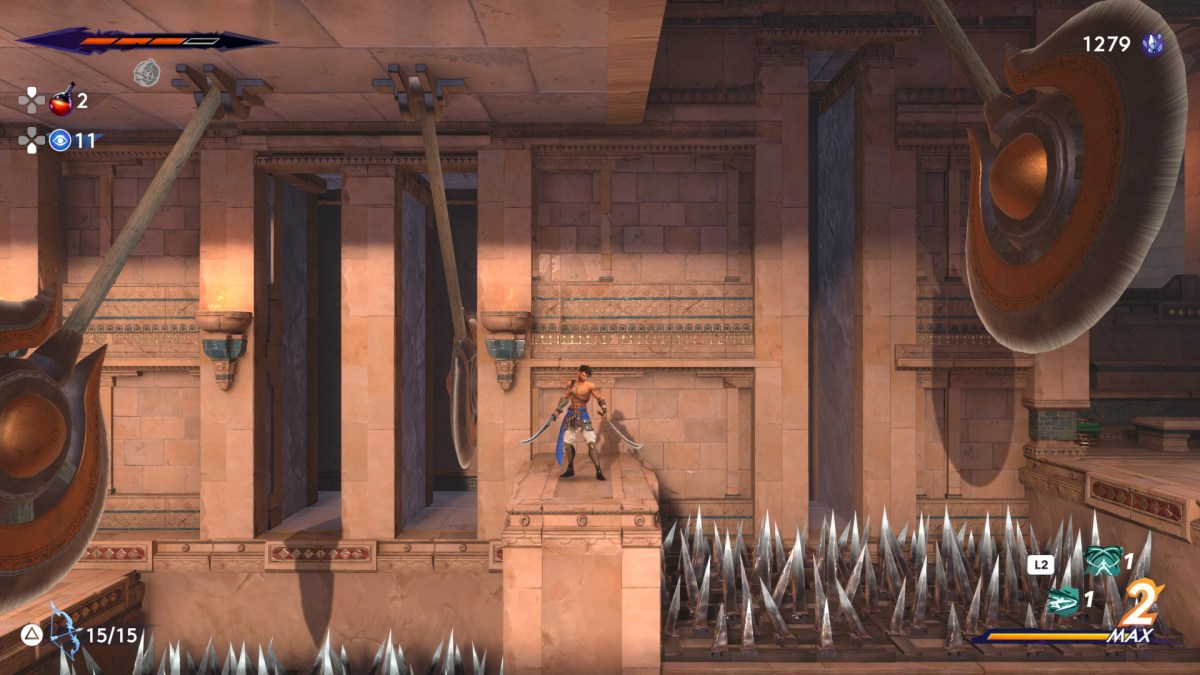
This sprawling, time-cursed mountain is where the rest of the game takes place, and the true star of the show – next to Sargon’s slick haircut, anyway. Like other 2D Metroidvania games, Mount Qaf is split into a dozen different labyrinthine biomes filled with dangerous enemies and even more dangerous traps. One of my greatest joys is exploring such a map. As someone who uncovered every square inch of games like Castlevania: Symphony of the Night and Metroid Dread, I immediately felt at home exploring the soft mauves of the luscious Upper City and the clashing blues and reds of the chaotic, time-frozen Raging Sea. Making a mental note in such games – or using The Lost Crown’s in-game Memory Shard screenshot system – of areas I couldn’t immediately access and returning later with the proper ability is and always will be a satisfying dopamine hit.
However, I did find that quite often the reward for thorough exploration wasn’t worth it in The Lost Crown. Some secrets and hard-to-reach platforming challenges award rare currency or a new amulet for Sargon to equip and upgrade, but more often than not I earned a handful of the game’s base currency – which I was always overflowing with – for air dashing and double jumping my way to a hard-to-reach corner. Compounding this problem is that there is just so much to find. From dozens of Xerxes coins, lore collectibles, random treasure, and pieces of a prophecy mural, about two thirds of the way through the 25 hour adventure a bit of that bloated Ubisoft feel made itself known. I began to bypass optional challenges even though my brain is hardwired to explore every inch of a 2D map.
Thankfully, Ubisoft made certain that controlling Sargon is a smooth, sublime experience. As you’d expect, Sargon begins the adventure with little more than a run and a jump, but by the end he’s whipping across massive gaps, air-dashing, double jumping, and using time-based powers to avoid spiked rollers and massive, armored war-eagles. Not once did the controls get in my way, even during some truly dastardly platforming challenges that tested my mastery of every one of Sargon’s abilities.
In short, Ubisoft nailed the movement. This extends to combat, which takes a back seat to the puzzle-platforming. Enemies are never dense, rarely more than a handful on the screen at any given time, though there’s a few arenas where you’ll have to fight a few waves of spawning foes. Sargon’s moveset seems simple; however, if your fingers are dextrous enough, you can have Sargon throwing enemies into the air with a combo, hitting them with another combo in the air, knocking them away, then zipping to them for a final few hits. You can even make use of some of his more unique time-based abilities to have powerful charged attacks register more than once. Throw in parries, dodges, bow attacks, and a handful of super moves, and you’ve got yourself a fun, fluid system that never grows tiresome.
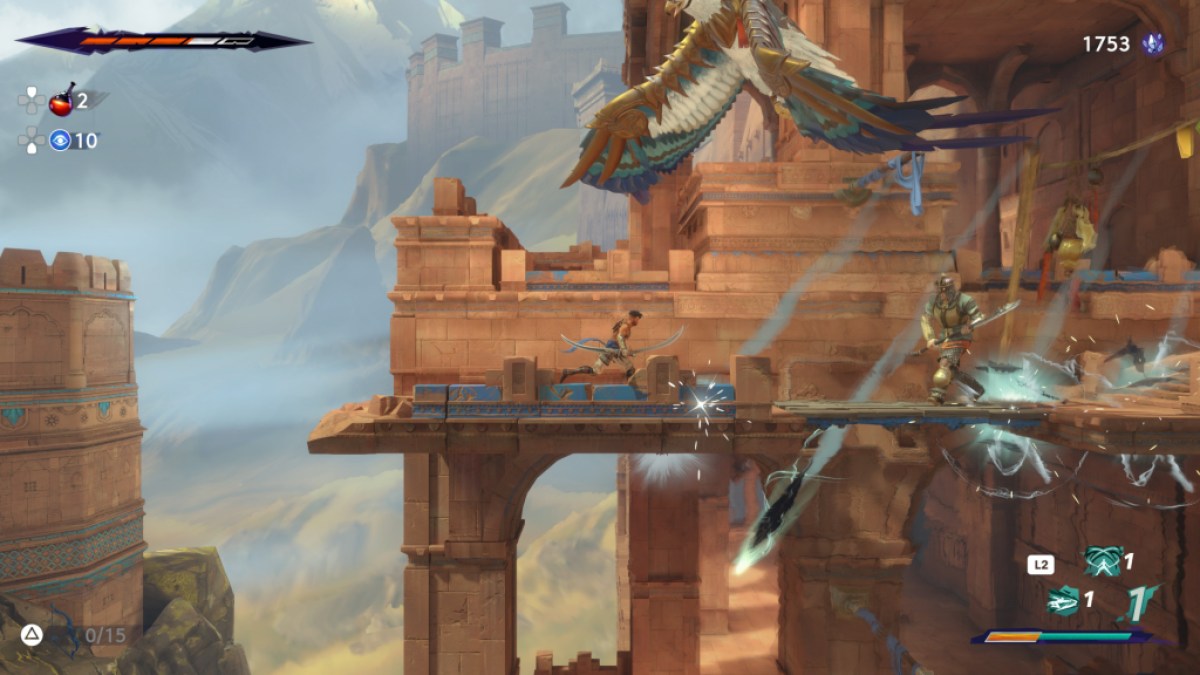
For regular time-decayed foot soldiers and crazed alchemists, none of the combat’s jugglery is necessary. Bosses, however, provide a stiffer – and more cinematic – challenge that appreciate some flair. Massive manticores and legendary swordsmen both pan the camera in for flashy sequences that send Sargon flying as if he got punched by Goku, and Sargon himself channels his inner Super Saiyan if you can time a parry or two correctly. It gives these climatic bouts a flashy, comic book or anime vibe that keeps them exciting even if the challenge drops off the more powerful Sargon gets. On the Normal difficulty, I had more than enough health, healing potions, and powerful, damage enhancing amulets equipped that the endgame bosses only took two tries at most.
It’s a shame that, while there’s a few fun time-themed twists, Sargon and friends have little personality and a rather forgettable narrative to back up these dramatic showdowns, mostly because it’s all railroaded into sparse cutscenes. I did appreciate Sargon’s sincere and slightly arrogant attitude, yet the lengthy adventure never spent enough time with any character for me to truly care about them. A handful of side quests with drab NPCs exponentiate this feeling; they were nothing more than another reason for me to run around Mount Qaf, collecting this and defeating that.
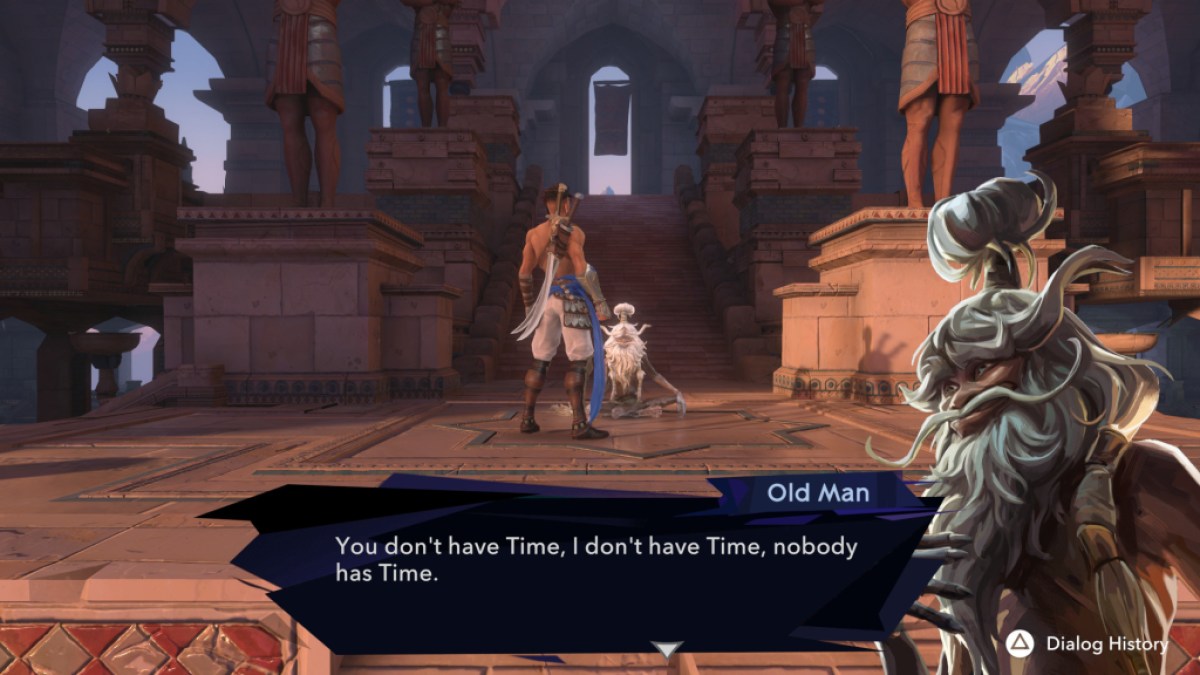
Still, I’m more than happy to get another legitimate Prince of Persia game, and if Ubisoft goes ahead and makes more Metroidvania adventures, I’ll be among the first to pick it up to play – or harass my editors to review. It is, despite a bit of bloat and a completely forgettable narrative, one of the better Metroidvania games in recent memory, simply from how smooth air dashing, double jumping, and time-teleporting with Sargon is, and what more do you need, really?
Prince of Persia: The Lost Crown releases on Jan. 18. The game is available on Ubisoft Connect. A review code was provided by the publisher.

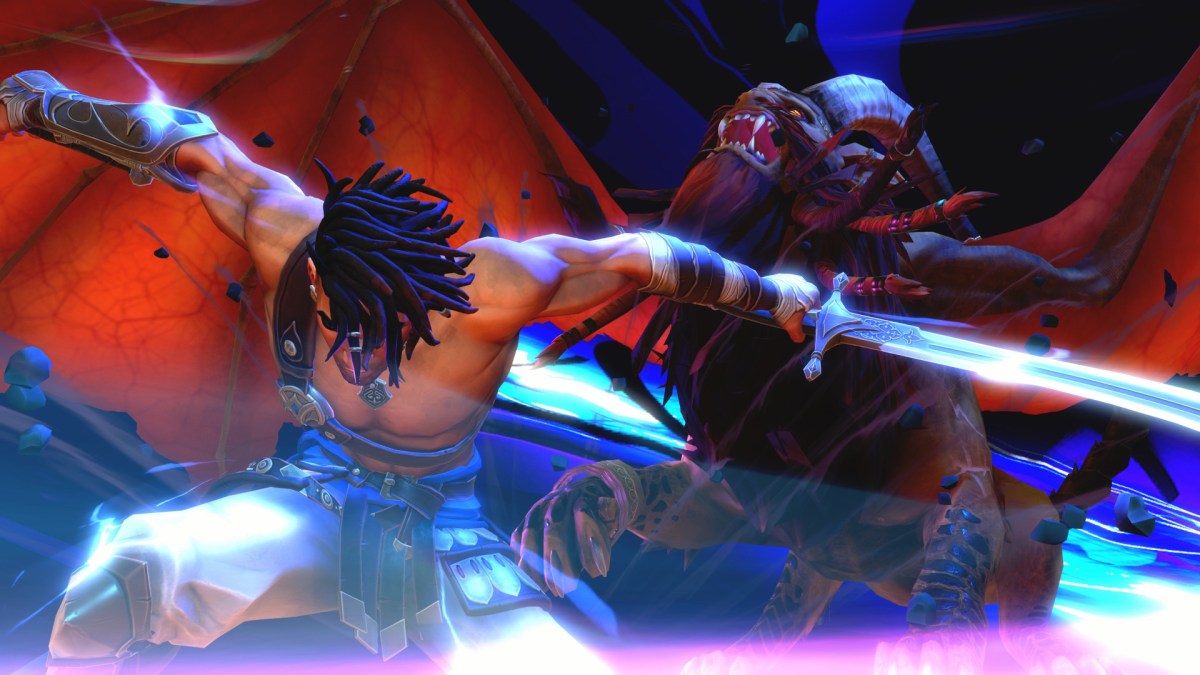
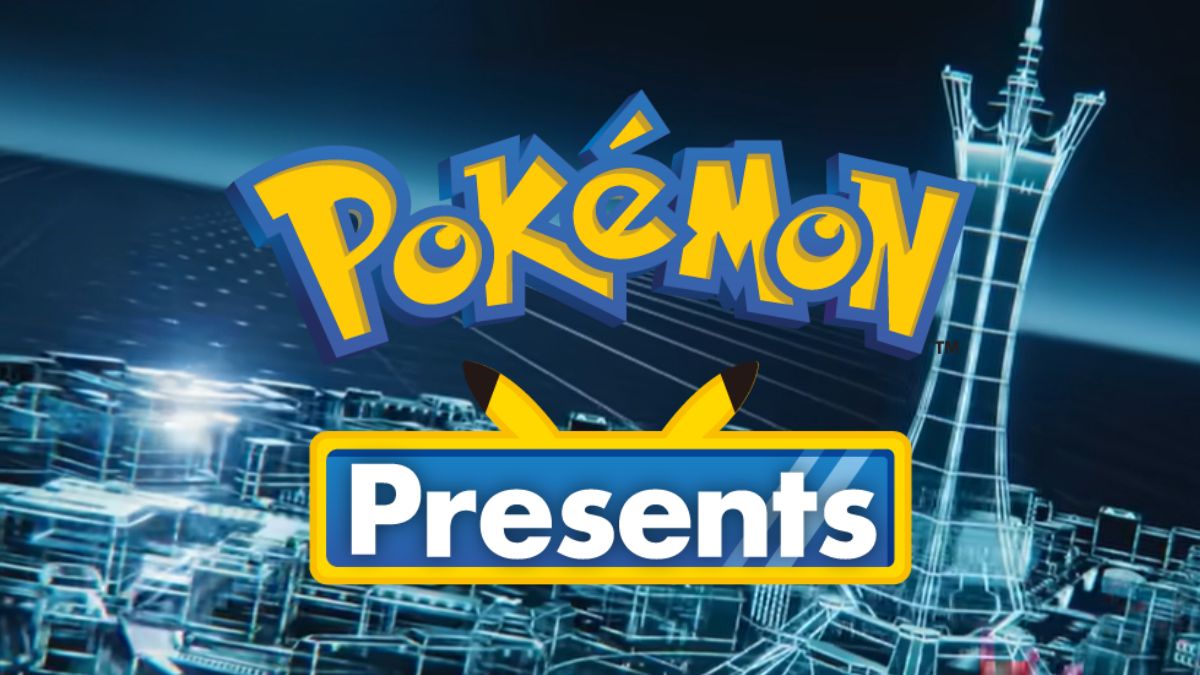
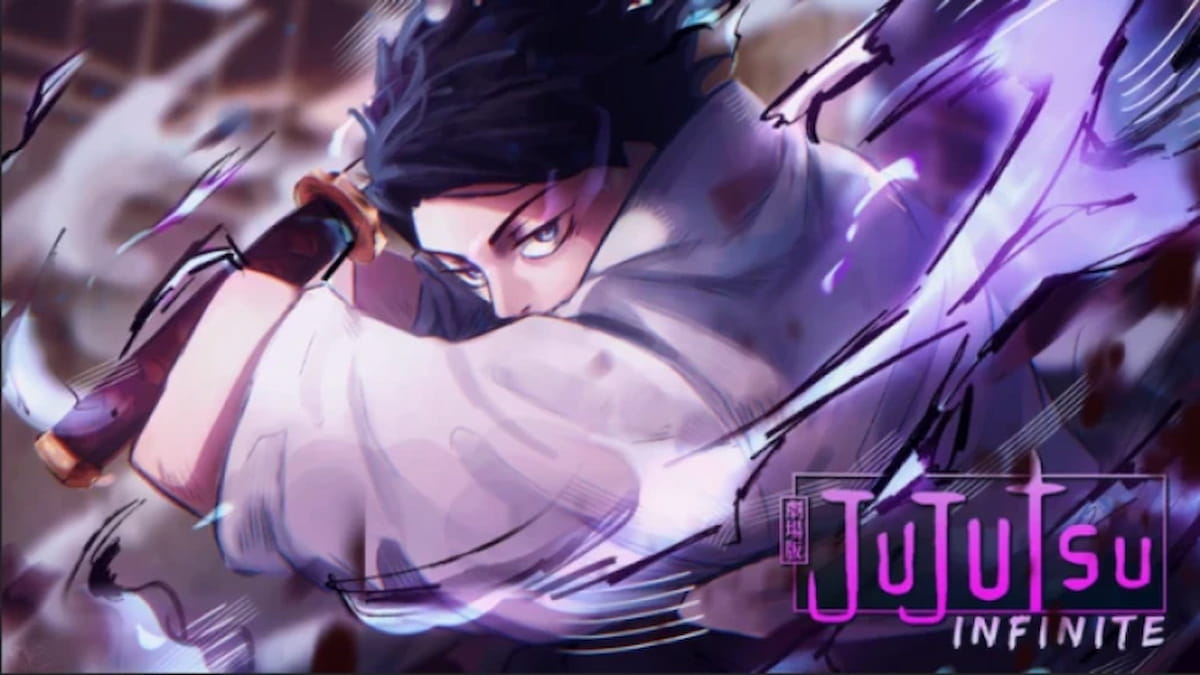
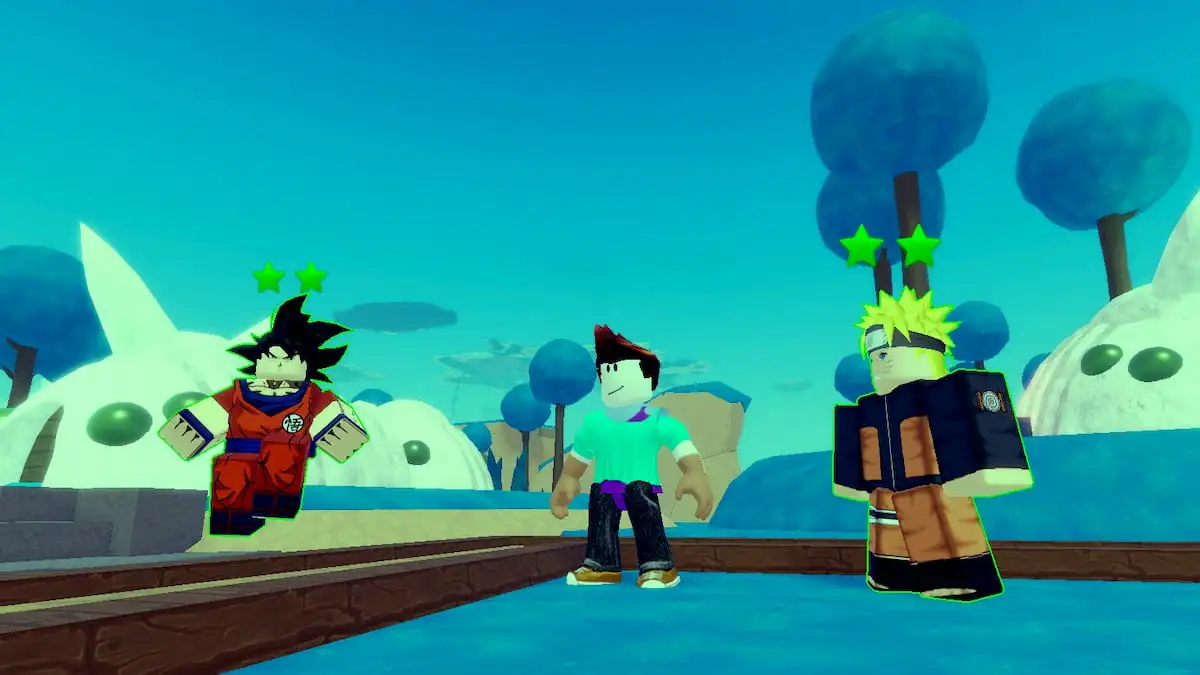

Published: Jan 11, 2024 12:01 pm